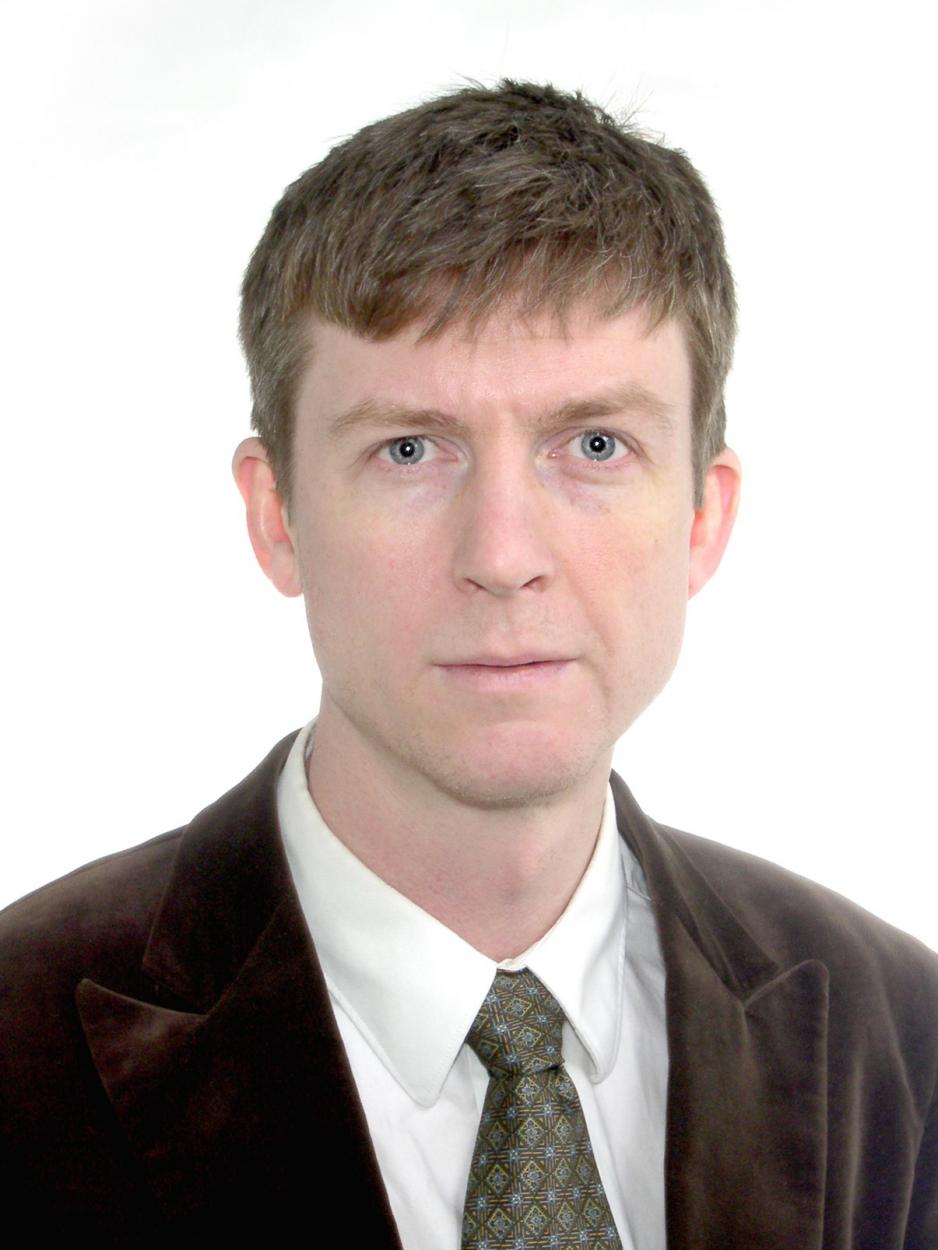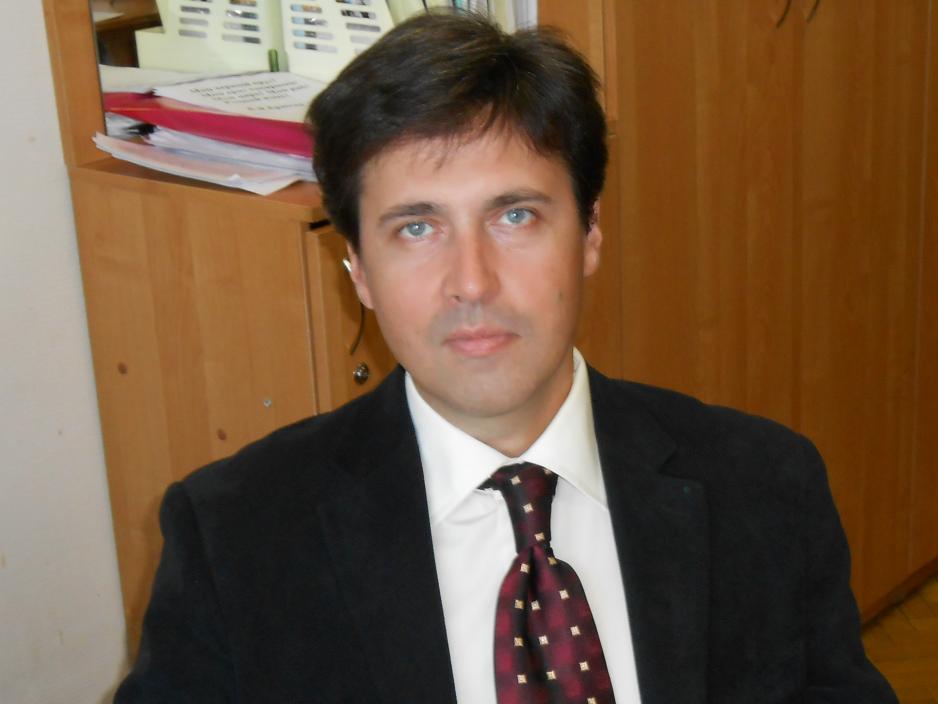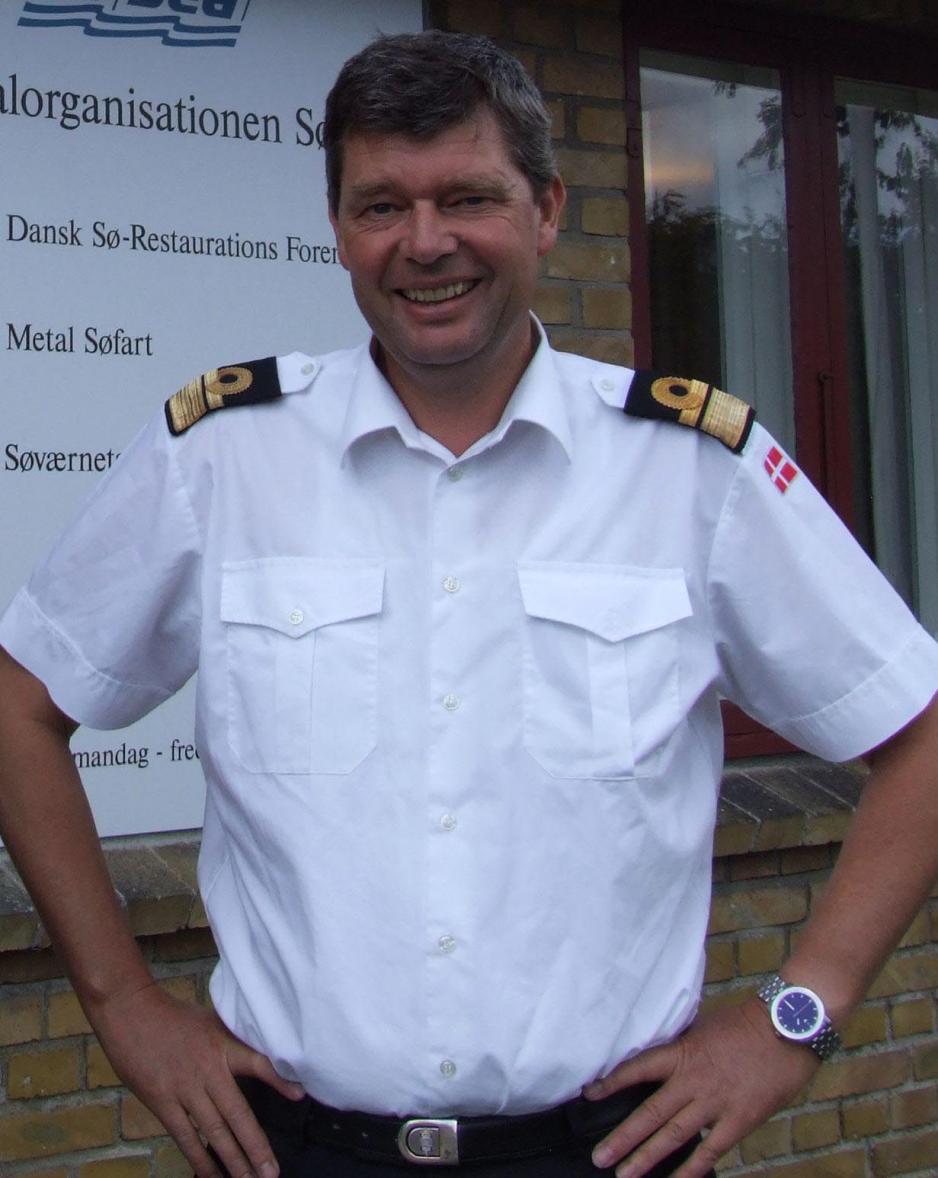Despite sanctions, cooperation continues in the North

There is no fear of breakdown in the cooperation in the High North, but experts says there are signs of stress and very little renewal in the area. And dialogue seems to be the norm.
Klikk her for norsk versjon.
High North News continues the series “The New North”, highlighting questions around international cooperation between the Arctic states. And the international experts seem to agree; cooperation goes on, albeit under stress and with some disturbance. Yet, no one can afford to not cooperate.
Might be able to continue so
-Cooperation and dialogue has become the norm for the Arctic region, and is likely to remain so, says Gerald Stang at the EU Institute for Security Studies (EUISS).
He underlines that various ideas have floated over an appropriate venue for discussing security issues in the Arctic.
-But while the mechanisms and atmosphere for Arctic cooperation have evolved significantly over the last two decades, the leading institutions in the region have primarily limited their focus to economic, environmental and indigenous issues.
This absence of a security-focused venue may be described as problematic, Stang says; -leaving security issues to be addressed in an ad hoc manner, if at all.
However, the fact that institutions like the Arctic Council and the Barents-Euro Arctic Council do not focus on security or geopolitical issues actually makes it more likely that they will be able to continue to serve as effective venues for cooperation and dialogue, even during periods of tension between member states.
Click here to read all the articles published so far, in our article series “The New North”
Three significant agreements
Mind that, in the last two years alone (i.e. after Russia invaded Ukraine), three significant agreements have been reached in the Arctic: the Polar Code was adopted by the International Maritime Organization, the Arctic 5 littoral states signed an agreement on fishing in the high Arctic, and an Arctic Coast Guard Forum was initiated. So while there is still no venue for discussing security issues, this is a continuation of the status quo.
Dialogue is the norm
Through all the geopolitical difficulties since the end of the Cold War, cooperation and dialogue has become the norm for the Arctic region, and is likely to remain so, says Gerald Stang at the EUs Institute for Security Studies.
US-Russia experts in the United States agree that cooperation between the two countries in areas where agreements have been signed recently, such as fisheries and shipping, continues to be satisfactory.
Washington-based foreign policy experts Anders Åslund (Atlantic Council), Michael O’Hanlon (Brookings) and Charles Ebinger (Brookings) follow developments between the United States and Russia closely.
Their assessment is that the day-to-day cooperation in the north on resources management and shipping works well, and that the US Coast Guard maintains good relations with their Russian counterparts. US and Russian vessels assist each other when necessary, and their daily operations seem largely unaffected by the shifting political winds.
No fear of breakdown
In Finland, the close neighbor of Russia, there is no fear of breakdown in the cooperation in the High North, but experts say there are signs of stress and very little renewal in the area.
-In 2014, many analysts feared that Arctic cooperation would be adversely affected by the tensions related to conflict in Ukraine. After the shock of Crimean annexation, certain processes were indeed put on hold, or slowed down. But rather quickly we could observe co-operation to continue, says Timo Koivurova and Adam Stepien from Arctic Centre, University of Lapland, Finland.
Cooperation is working
As Timo Koivurova and Adam Stepien continues: - The Polar Code was adopted by the International Maritime Organization, and will enter into force in 2017. Arctic Ocean coastal states agreed to introduce a joint moratorium on fisheries in the Arctic Ocean high seas. New Arctic co-operation institutions have emerged, including Arctic Economic Council and, significantly in the context of security and high politics, the Arctic Coast Guards Forum.
There are clouds in the sky
The Arctic Council continues to operate as smoothly as ever, currently even serving as a space of negotiations for a potentially problematic agreement on scientific co-operation in the Arctic.
Nevertheless, there are clouds in the sky, according to Koivurova and Stepien;
- New legislation and actions targeting freedom of press or the autonomous capacity of NGOs to act domestically and internationally have been influencing Arctic cooperation at least since 2012, when the operations of Russian Association of Small-numbered Indigenous Peoples (RAIPON) were temporarily suspended.
The crackdown on Russian non-governmental actors affects in particular cross-border co-operation and forums such as Barents Euro-Arctic Region, and overspills can be felt at the level of Arctic Council and in scientific co-operation.
Different levels
Dr. Harri Mikkola and Juha Käpylä, Senior Research Fellow’s at The Finnish Institute of International Affairs (FIIA), points out that the situation also has had an impact on the work of the Arctic Council, especially at the high political level.
-Russia has blocked the finalization of the EU’s Arctic Council observer status, and economic cooperation has been heavily affected through the sanction regime, says Dr. Mikkola, who also emphasizes that the cooperation at a lower level is better.
-The work done at the Arctic Council Working group level has continued relatively well. There is also a widespread agreement both in the West and in Russia that practical Arctic cooperation must continue, and there are recent encouraging examples of this; the establishment of the Arctic Coast Guard Forum and the agreement on fisheries moratorium around the North Pole.
In current tense international situation, it is important that the Arctic cooperation will continue as an important venue of dialogue between the actors, says Mikkola.

There is also hope
Jonas Kassow at the German Council on Foreign Relations says that, it is hope, even if the military exercise „Cold Response“ was much bigger than two years ago, and could be seen as an indication of the growing military/strategic relevance of Northern Europe and the Arctic. Like in the last years, German Special Forces took part in the exercise, and the US participation was larger than two years ago.
- But, at the same time, US NATO representatives underline the importance of cooperation in the Arctic Council, their intent to strengthen regional cooperation and the aim to prevent the region to become another scene of crisis.
According to this German expert, there is also hope.
-Even if the Russian snap exercises and the relocation of Russian troops near EU borders will trigger additional mistrust, we also see increasing coast guard cooperation, which is an example of hope. And the continuing energy cooperation between Norway and Russia despite Western sanctions could also offer a glimpse of hope.
Too important to weaken
Stefan Steinicke at the German Institute for International and Security Affairs reflects that the Arctic Council is too important to all the member states to weaken.
- By promoting the importance of the Arctic Council, all member states can highlight their political willingness for cooperation. On the bilateral level, however, the situation is completely different. Norway suspended military-to-military cooperation with Russia. Russian authorities refused permissions for Norwegian scientists to conduct research in Russia´s Arctic areas, says Mr. Steinicke to High North News.
-As the Arctic Council has no executive powers, the various bilateral relationships are far more important. All bilateral relationships with Russia seem to be deteriorated in recent years. This has – at least indirectly – consequences for the Arctic Council, as well as mistrust is growing between all parties involved, Steinicke says.
Russia: very low conflict potential
The Russian Associate Professor Oleg Aleksandrov is sure that Russia wants to continue the cooperation with its neighbors in the North.
Even if Aleksandrov think the shadow of the Cold War still is present; “I think we never came out of the shadows of the Cold War. The atmosphere of distrust somehow defined the relations between Russia and the West over the past 25 years after the collapse of the USSR”, he sees the Arctic as low-conflict-area.
-The Arctic region has a very low conflict potential. However, the Arctic region is experiencing the impact of rising tensions in other parts of the world – Syria, Ukraine, etc. As far as I am informed, the leadership of Russia has no plans of abandoning of cooperation with other Arctic countries.
His compatriot, professor Alexander Sergunin agrees – to a certain point.
-The Arctic cooperation in and with Russia still works at the following levels:
The threats are internal
In Sergunin’s opinion, the Russian leadership now realizes that most of the threats and challenges to the Arctic Zone of the Russian Federation (AZRF) originate from inside rather than outside of the country.
-These problems are caused by a confluence of factors, such as the degradation the Soviet made economic, transport and social infrastructures in the region, the current resource oriented model of the Russian economy, and the lack of funds and managerial skills to develop the AZRF.
For this reason, Russia’s current Arctic strategy is of an inward rather than outward looking character, and aims at solving existing domestic problems rather than focusing on external expansion, Sergunin says.
-Moreover, in developing the AZRF, Moscow demonstrates that it is open for international cooperation and welcomes foreign investment and knowhow.
-The surviving council
In Sweden, researcher Ekaterina Klimenko have earlier said that important meeting points are lost due to the lack of military-to-military cooperation. But, as she puts it:
-The Arctic Council nevertheless survived. Although no significant agreements were signed during the Ministerial Meeting in Iqaluit, Canada, in April 2015, the Arctic Council task forces worked on a number of issues.
Klimenko also mention that cooperation on soft security continues, and that Search and Rescue cooperation (SAR) between Russia and its Arctic neighbors continued under the framework of the Barents Euro Arctic Council.
-Russia participated in a summit to formally establish the ACGF on October 30 2015 at the US Coast Guard Academy, which is of course on the positive side.
No one can afford suspending cooperation
I would say that the Arctic states could not afford to suspend cooperation in the Arctic despite significant disagreements and tensions outside the Arctic region. At least everyone will think twice before cutting off the communications completely, says Ekaterina Klimenko, and points out that there are a lot of pressing issues in the Arctic that require collective effort and engagement of all Arctic states.
-Signing of the Fisheries agreement in July 2015 is a bright example of such collective effort, Klimenko says.
Russia is in need of investments
In Denmark, chief of the Royal Danish Defense College, Rear Admiral Nils Christian Wang, think that the main platform for regional cooperation, the Arctic Council (AC), is still working – in general. And he agrees that economy plays an important role.
- The fact that all eight Arctic States could meet at ministerial level when USA assumed the Chair indicates that, despite the Ukraine Crisis, there is a will to maintain AC as a platform for dialogue.
However, EU and NATO sanctions do also influence Arctic cooperation and if the crisis becomes longer and deeper, it might slowly erode the fundamental Arctic cooperation.
Nevertheless, we are not there yet. Russia is completely dependent on the business potential in the Arctic, and it can only be explored to the full potential if they can attract foreign long-term investments.
Russia therefor have a genuine interest in separating the Arctic region from the crisis in Ukraine and Syria, Rear Admiral Nils Christian Wang says.
Canada want improvement
-Cooperation on a diplomatic level between Canada and Russia has always been relatively good, says Robert Huebert, Associate Professor at the University of Calgary and Senior Research Fellow at Center for Military and Strategic Studies.
He exemplifies with the cooperation within the Arctic Council working groups, and that there has been spent billions helping the Russians getting rid of their old USSR Navy, along with assistance through the G7.
- The business environment has been more difficult, with businesses finding the Russian operating environment difficult due to corruption, Huebert says.
The effect of the Ukraine-crisis, under the Harper government, is reduced cooperation in the Arctic Council, as he sees it.
- Stéphane Maurice Dion, Canada’s Minister of Foreign Affairs, wants to cooperate, but relations are still problematic though - and not easily fixed, Huebert says.
--
Gerald Stang is Senior Associate Analyst at the European Union Institute for Security Studies (EUISS) in Paris.
Anders Åslund is a Resident Senior Fellow in the Dinu Patriciu Eurasia Center at the Atlantic Council. Prior to that he was a Senior Fellow at the Peterson Institute.
Michael O'Hanlon is a senior fellow in Foreign Policy at the Brookings Institution, where he specializes in U.S. defense strategy, the use of military force, and American national security policy.
Charles K. Ebinger is a senior fellow in the Energy Security and Climate Initiative at Brookings. He served as the initiative’s director from 2008 to October of 2014.
Timo Koivurova is a Research Professor and Director at the Arctic Centre of the University of Lapland, Finland
Adam Stepien is a Researcher at the Arctic Centre of the University of Lapland, Finland.
Harri Mikkola and Juha Käpylä are Senior Research Fellow’s at the Global Security Research Programme, at The Finnish Institute of International Affairs (FIIA).
Jonas Kassow is a Program Assistant, USA/Transatlantic Relations Program at the German Council on Foreign Relations (DGAP), Berlin.
Stefan Steinicke is Fellow at Research Division EU/Europe, the German Institute for International and Security Affairs (SWP) in Berlin.
Oleg Aleksandrov is Associate Professor at the University of MGIMO in Moscow, Russia.
Alexander Sergunin is Professor of St. Petersburg State University, Department of International Relations, School of International Relations, St. Petersburg, Russia.
Ekaterina Klimenko is Researcher at Stockholm International Peace Research Institute (SIPRI).
Rear Admiral Nils Christian Wang is chief of the Royal Danish Defense College, Copenhagen, Denmark.
Robert Huebert is a Associate Professor, University of Calgary, Canada, and a Senior Research Fellow at the Center for Military and Strategic Studies.
Don´t miss the upcoming articles in our New North series – sign up for our newsletter:

The New North series is made by:
Hege Eilertsen
Arne F. Finne
Linda Storholm
Arne O. Holm
Andreas Raspotnik
Andreas Østhagen
Berit Enge











